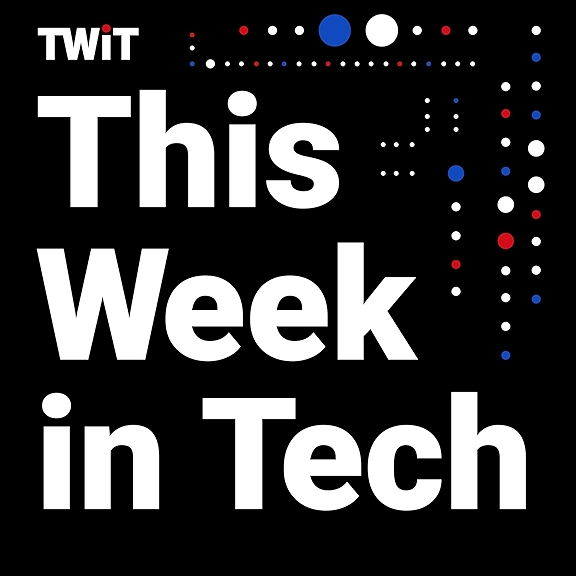
Bitcoin Product Market Fit For Savings with Pierre Rochard SLP602
My friend Pierre Rochard (VP Research at Riot Platforms) rejoins me on the show to discuss some of his latest views.
Summary
In this conversation, Stephan and Pierre discuss the concept of long-term savings in Bitcoin and its product-market fit. Pierre introduces a metric for measuring long-term savings by looking at the age of UTXOs (unspent transaction outputs). They also explore the idea of rebalancing and the importance of aligning financial decisions with personal goals. The conversation then shifts to the challenges of running a profitable business in a Bitcoin standard and the role of passive index equity investing in a hyper Bitcoinized world. Further, Pierre and Stephan discuss the implications of individuals and governments holding Bitcoin. They explore the idea of investing time in Bitcoin rather than just money, and how businesses can leverage Bitcoin without large capital investments. They also touch on the moral implications of educating others about Bitcoin and the potential cultural changes that may occur on a Bitcoin standard. The conversation concludes with a discussion on government adoption of Bitcoin and the impact it may have on society.
Takeaways
Bitcoin has found product-market fit in the area of long-term savings, as evidenced by the increasing number of UTXOs that have not moved in more than a year.
The age of Bitcoin UTXOs can provide insights into the behavior of hodlers and the overall health of the Bitcoin network.
Rebalancing should be driven by personal goals and values, rather than trying to time the market or follow others' advice.
In a Bitcoin standard, it may be challenging for businesses to outperform Bitcoin in terms of returns, but there may still be a role for active investing and supporting entrepreneurial ventures.
Passive index equity investing may become less prevalent in a hyper Bitcoinized world, as individuals prioritize holding Bitcoin and investing in businesses they are actively involved in. Investing time in Bitcoin can be just as valuable as investing money.
Businesses can leverage Bitcoin without large capital investments.
Educating others about Bitcoin is important, but it's not necessary to force people onto the Bitcoin journey.
Cultural changes on a Bitcoin standard may include a shift towards lower time preference and more focus on family and spirituality.
Government adoption of Bitcoin can move them away from being a state and towards a more decentralized entity.
The amount of Bitcoin a government holds should be based on their immediate needs and the uncertainty of the future.
Government adoption of Bitcoin can accelerate Bitcoin adoption among individuals.
The moral implications of the government holding Bitcoin depend on whether it leads to the violation of the non-aggression principle.
Taxation with Bitcoin becomes more difficult, which may lead to a reduction in government spending.
Advocating for a strategic reserve of Bitcoin can lead to more conversations and ultimately more Bitcoin adoption.
Timestamps:
(00:00) - Intro
(00:57) - Bitcoin’s Product-Market Fit for Long-Term Savings
(02:12) - Measuring Long-Term Savings with UTXO Age
(10:56) - Should you Rebalance your UTXOs?; Financial Decision-Making through Rebalancing(21:17) - Sponsors
(23:57) - Is Running a Business on a Bitcoin Standard Profitable?
(33:22) - Passive Index Equity Investing in a Hyper Bitcoinized World
(39:43) - Trading your Time & Expertise for Bitcoin
(44:32) - Educating Others about Bitcoin
(48:35) - Societal & Cultural Changes on a Bitcoin Standard
(53:07) - Sponsors
(1:02:00) - Should the State Hold Bitcoin?; Neutrality vs Central Planning
(1:13:41) - Advocating for a Strategic Reserve of Bitcoin; Accelerating Bitcoin Adoption
Links:
Pierre’s analysis: https://x.com/BitcoinPierre/status/1831163386182164937
Hoppe article mentioned: https://mises.org/mises-daily/yield-money-held-reconsidered
Blocktime Podcast by Riot: https://www.blocktimebyriot.com/
Sponsors:
Stephan Livera links:
Follow me on X: @stephanlivera




















